How Your Genes Affect Your Health
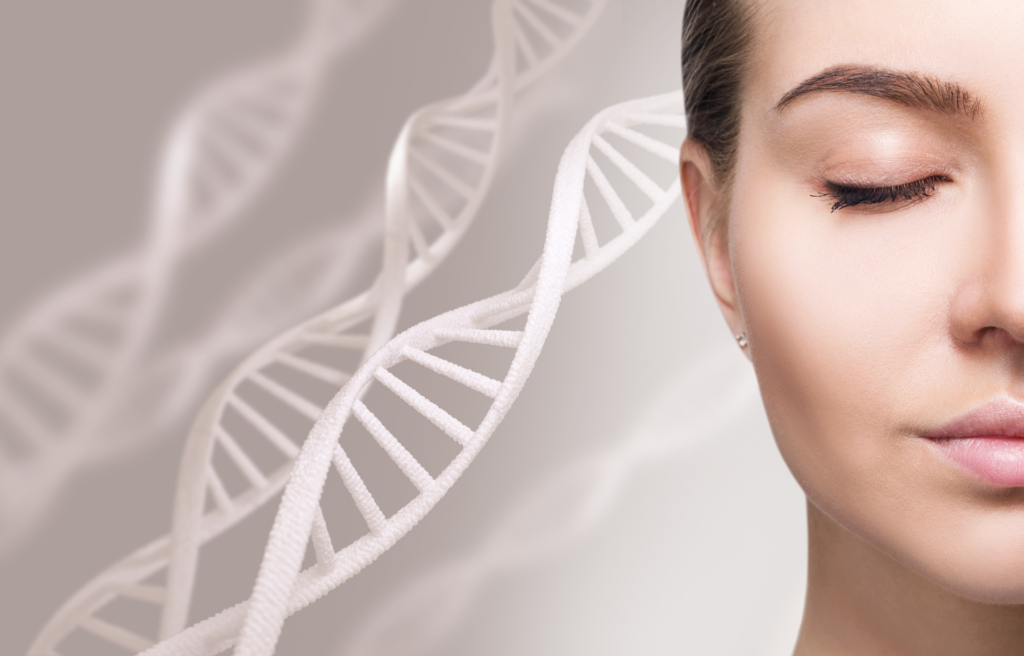
We’ve all thought it at least once in our lives about how blessed – or cursed – we are to have inherited certain genes from our parents. You look in the mirror and you thank your mama for those gorgeous eyes of yours. Or, you think how grateful you are to have scored the tall-and-slender genes from your dad’s side of the family. But in the same thought, you also worry about how your genes affect your health because you think of the diseases that “run in the family”.
Turns out, just because someone in your family has a certain disease, it doesn’t mean that you will be doomed with the same disease. It doesn’t even mean that you will pass it on to your kids.
The fact is, yes, some health issues are greatly influenced by your genes. But you may be able to control more than you think.
Read on to learn how your genes affect your health and how you can outsmart your genes to live a healthier and happier life.
Your Genes, Explained Simply
So, we all know that genes determine your physical characteristics – whether you have blue or brown eyes. They even play a role in certain personality traits or how talented you are in basketball or soccer.
But how much do your genes affect your health?
To answer this questions, first, let’s start off with a brief review from biology class.
As I mentioned in a previous post (read it here), every single cell in your body contains a 6-feet strand of DNA (deoxyribonucleic acid). That makes up a total of about 4.8 billion kilometres (~3 billion miles) of DNA inside you.
Now, DNA is essentially a molecule that holds the genetic instructions to make proteins. Proteins are complex molecules that basically triggers various biological actions to carry out your life’s functions.
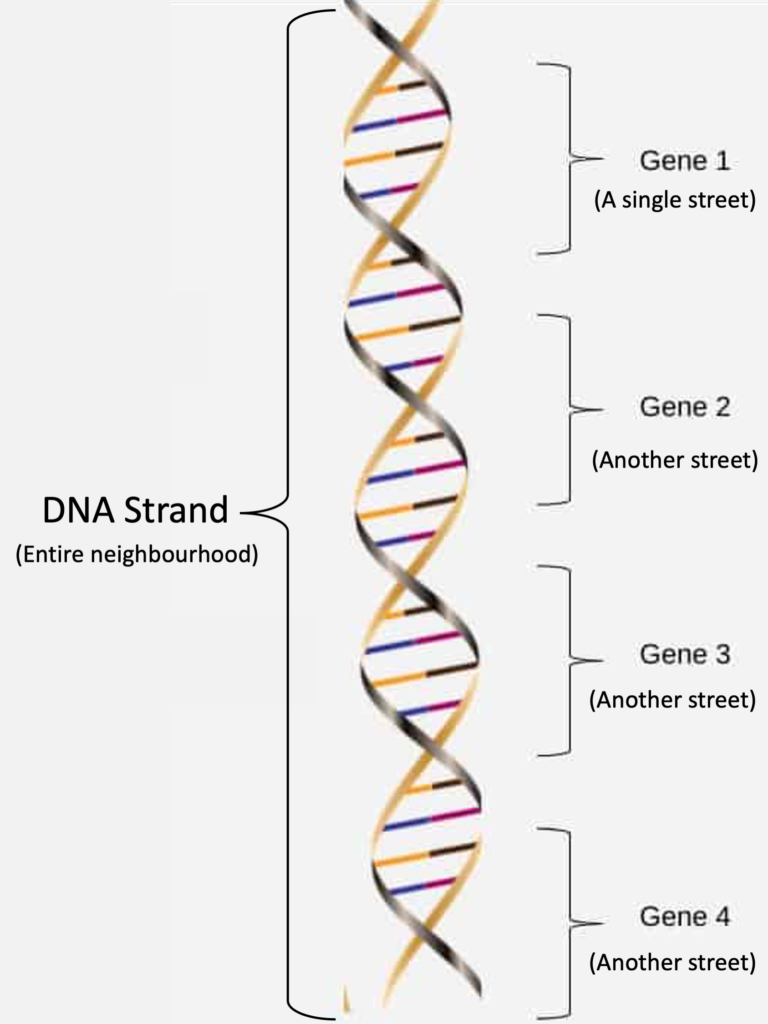
Each strand of your DNA is made up of four molecules called nucleotide bases. And each base represents a letter of the genetic code (A = adenine, C = cytosine, G = guanine, and T = thymine). The bases are connected together to form a long chain that makes up the backbone of your DNA.
Now, the sequence, or the order, of the bases on your DNA strand is the genetic code. And your genes are basically sections or segments of DNA with specific sequences of bases that determine your specific characteristics, such as height and hair colour.
More simply put, think of each nucleotide base (A, C, G, or T) as a single house on your street. A gene would be one entire street of houses. And each DNA strand is essentially all the streets (genes) in the neighbourhood.
What Makes You YOU?
Some genes you inherit from your mama’s side of the family. While others from your dad’s side. The genes you inherit play an important role in determining your appearance, abilities, and even interests.
You cannot decide which genes you inherit from your parents. And because of that you may be genetically predisposed to certain diseases. What that means is, depending on the genes you get, you may have an increased risk of developing a particular disease based on your genetic makeup. But that does not mean you are doomed necessarily, because you can most certainly positively influence how your genes gets expressed. And that is the difference between genetics and epigenetics.
Genetics vs. Epigenetics
Going back to biology class, we all know that the study of genetics refers to how your genes affect which traits or health conditions are passed down from one generation to the next. While epigenetics is the study of how your behaviours (e.g exercise or smoking) and environment (e.g air pollutants) can lead to changes that influence the way your genes work. Epigenetic factors do not actually change your DNA sequence and epigenetic changes are also reversible.
So, essentially, epigenetic factors can change how your cells read your genes’ code. Meaning that certain epigenetic factors can turn on or off certain genes.
For example, if you recall the neighbourhood analogy above, each gene is one entire street in your neighbourhood. An epigenetic factor can be a behavioural change where the houses on a street (gene) turn on the lights at night. As a result, that street (gene) is lit up. And therefore, can be seen differently than when it is dark.
Now, over the past few decades, the study of epigenetics has exploded – and understandably so. Because, how amazing is it to learn that you are not necessarily genetically predestined to develop certain diseases your parents or grandparents faced.
Your Genes Are Not Your Destiny
If you’ve stayed awake at night worrying about developing a certain disease because your parents or grandparents have it, you can rest easy tonight. Because the fact is, most diseases are determined by a combination of genetic and epigenetic factors. You can’t control which genes your parents pass down to you.
But you can make changes that will minimize – or in some instances, even eliminate – your chances of developing certain diseases for which your genes put you at risk for. And knowing that is simply empowering.
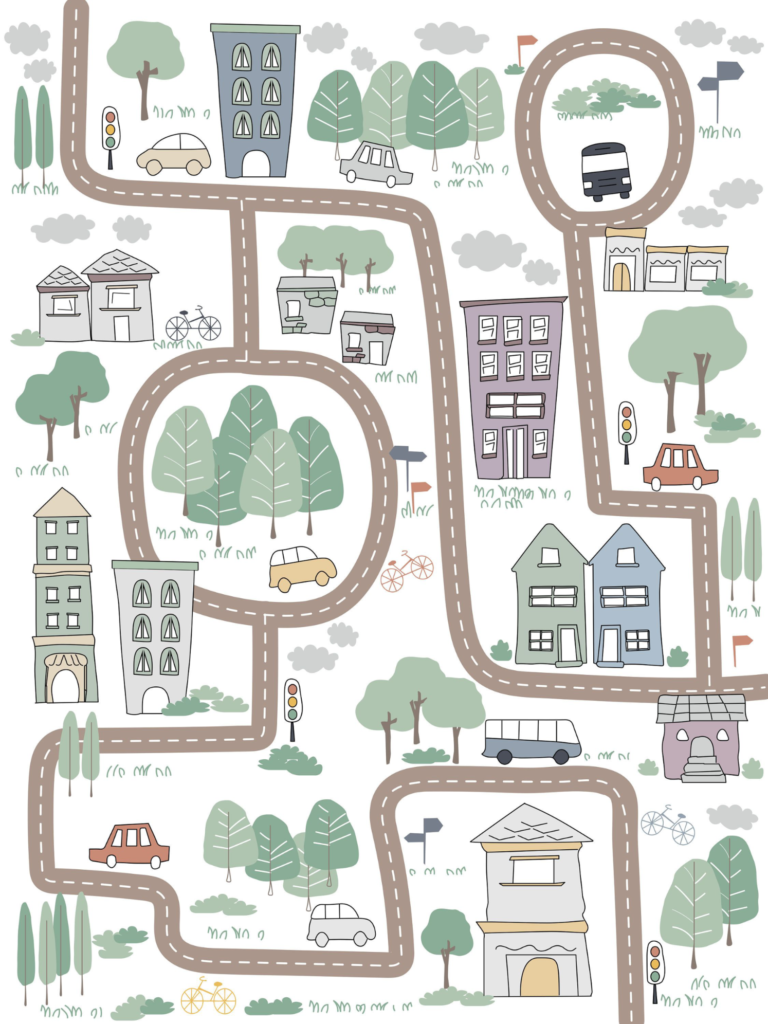
Think of your genes like roads on map. Each road has many possible routes and a final destination. One road (or gene) has a path that goes toward heart disease. While another road towards Alzheimer’s Disease. Just because you have those roads (genes) toward certain destinations (or diseases), it does not mean you have to travel down those paths. They are essentially possibilities of paths laid out by your roads (genes). There are a number of things you can do to re- program your genetic GPS so you travel down a road toward better health.
Epigenetic Affects on Your Genes
So, for example, say you exercise regularly, which is an epigenetic behavioural change. That healthy lifestyle choice that you habitually engage in is like driving down the same road home every day. Over time, you become so familiar with that road that you can now drive home on autopilot. And so when it comes to your genes that you use a lot with your exercise habit, you are essentially moving away from the other roads that lead to heart or Alzheimer’s disease.
Now, this is a great thing if your lifestyle change is something positive like exercising or eating a high fibre diet. Because those epigenetic changes can turn off certain genes that would lead to diseases.
However, the opposite is also true. If you smoke or sit 12 hours a day, you can push on certain genes that you don’t want turned on.
Ways To Outsmart Your Genes For Better Health
Even though your genes may not be your destiny, knowing your genetic predispositions can help you be more proactive about steering yourself down different paths that reduces your risk of developing certain diseases.
Here are 3 simple strategies that can help you ‘turn on’ your health-promoting genes. Whilst ‘turning off’ those that could lead to disease.
1. Move Your Body, Regularly
If you have been reading all my previous posts, I probably sound like a broken record. Because I have been advocating exercise for better health consistently throughout my posts. Moving your body is one of the best things you can do for your health.
In fact, some studies have shown that doing 4+ hours of exercise per week can change your genes to lower your risk of breast cancer by approximately 30%.

Even engaging in minimal amounts of exercise (30-minutes of light activity 3 to 4 times per week) can be protective against post-menopausal breast cancer. It can include anything from a 30-minute walk, light yoga flow, or a low-intensity Zumba class. This reduction of breast cancer risk is thought to be due to exercise inducing changes in the expression of breast cancer genes, BRCA1 and BRCA2.
In addition to all that, studies on breast cancer survivors have shown that increasing physical activity may suppress genes that promote tumour growth. Thus, improving survival outcomes of breast cancer survivors.
Reverse Your Aging Gene with Strength Training
If those results aren’t motivating enough to get you to start moving, studies have also shown that exercise – more specifically, strength training – can actually steer your genes so that it mimics those of someone younger. In a study where women aged 65 years or older who engaged in twice-weekly weight training sessions for six months showed muscle mass improvements that resembled those of 20-somethings. Meaning that the genetic fingerprint of the older women had actually reversed.

Image may be subject to copyright.
The aging reversal theory goes like this: Think back to when you were a kid, there were probably many days where you found yourself sprinting after your friends playing tag. Or even pulling yourself up to climb a tree. All that activity as a child turned on certain genes. But, if you stopped exercising as you got older, those genes can become dormant. However, picking up exercise again as an adult can spark your epigenetic memory to reignite. As a result, habitually exercising as an adult can prompt those dormant genes to respond and turn on again.
The caveat is that the key to reigniting this anti-aging memory reaction is to apply a higher level of activity beyond brisk walks around the block. Meaning that you really have to push yourself when exercising. Because the higher the intensity of your strength training sessions, the bigger the genetic response.
The take home message: Start moving your body!
2. Eat Whole Foods High in Fibre
You’ve probably heard of the saying, “you are what you eat”. Thing is, it is actually more than just an expression. Because many studies have suggested that what you eat affects your genes. Also, the foods you eat can even affect which genes you pass onto your children and grandchildren.

That is because what you eat serves as a strong epigenetic signal that can actually prompt changes. It is not so much that foods can change your genes itself. But rather, the foods you each brings about changes that can modify the number of certain (methyl) chemicals that are attached to the DNA strands in your cells. Which then can either turn genes on or off.
Effects of Foods on Your Genes
For example, researchers studied a group of adults who ate a diet high in refined carbohydrates and looked at the effect of this diet on gene expression – essentially, which genes turned on. The researchers found that a diet consisting of 65% carbohydrates causes a number of classes of genes to work overtime. Meaning, a high carb diet turns on genes that cause inflammation in the body. But also, it turned on genes associated with the development of heart disease, some cancers, dementia, and type 2 diabetes. It’s important to note that all of these diseases linked to a high-carb diet are major lifestyle-related diseases.

In contrast, in another study researchers looked at what happens to gene expression when you eat foods high in polyphenols. Polyphenols are compounds found in fruits, vegetables, green tea, coffee, and red wine. The results showed that polyphenols can reduce DNA damage, which may protect against diseases, such as heart disease and type 2 diabetes. It does it by modifying the expression of genes that are involved in better regulating insulin levels in your body.
What this all means is what I have been writing about in my previous posts. To live a longer, healthier life, eat a diet full of whole foods that are high in fibre. Not only will your body thank you for it, your children and grandchildren will too!
3. Exercise your brain by Learning New Things
In order to outsmart your genes that might predispose you to cognitive decline, you have to not only exercise your body, but also, habitually exercise your mind. Exercising your mind is especially important if dementia “runs in the family”. The reason is because mental exercise has been shown to stimulate the growth of new brains cells and strengthen the electrical and chemical signals between brain cells. These two key components are what keeps you sharp as you age. An added bonus is the activities that exercise your mind also reduces stress. And less stress is also important when it comes to reprogramming your genetic GPS.
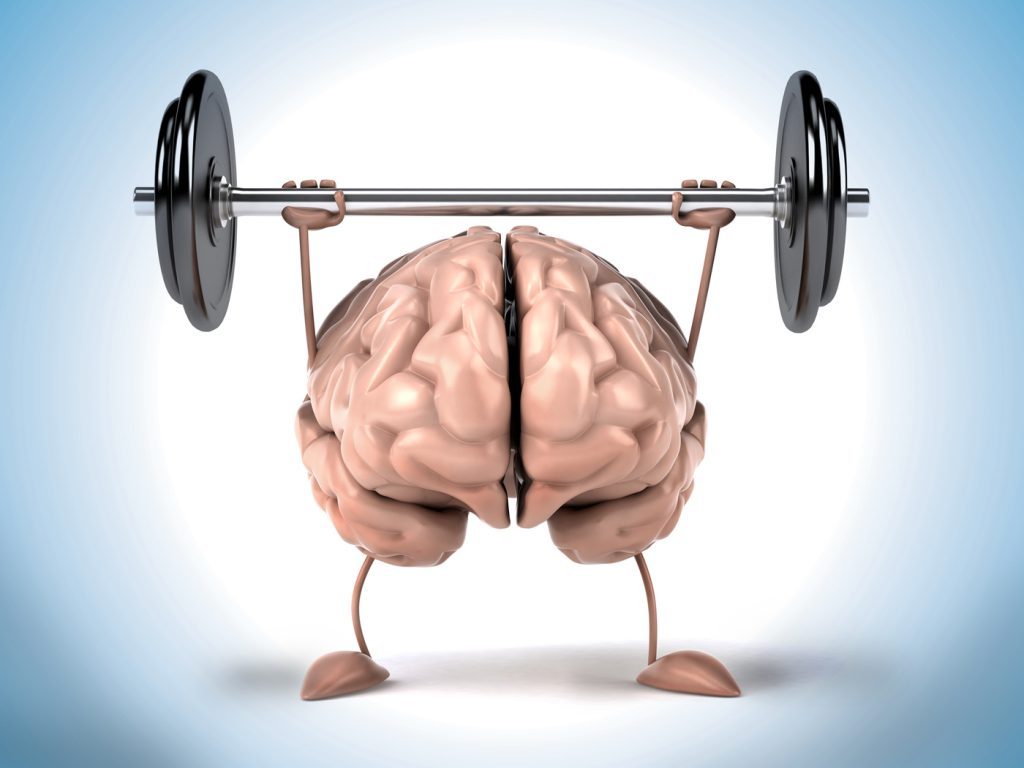
Mental exercises include playing card games or chess, completing picture puzzles or crossword puzzles, attending a lecture/seminar, learning a new language, taking a new dance or workout class, or even starting a new hobby. Essentially, any activity that challenges you and pushes you outside your comfort zone. Anything that keeps your brain thinking will build new brain pathways and keep your brain cells firing at top speed. And the key is to do any brain-boosting activity for at least 30 minutes most days of the week.
Conditions With Strong Genetic Component
Yes, there are ways to outsmart your genes to prevent certain diseases. However, there are 3 diseases that have a strong genetic component to be aware of.
1. Breast Cancer

The BRCA1 and BRCA1 gene mutations are inherited from your mother or father. And these mutations can bump up your chance of developing breast cancer by 70%. Another gene mutation, known as PIK3CA, is one many breast cancer patients have. It is not inherited, but rather, it is a random chance mutation. And having this gene doesn’t mean that you are likely to develop breast cancer. Instead, the PIK3CA gene actually gives doctors information on how a patient might respond to treatment.
2. Heart Disease
Some people may have genetic variants that increase their risk of cardiovascular disease despite what their lifestyle habits may be. The apolipoprotein E (APOE) gene is one of them. It is involved in how your body processes cholesterol. If you have a mutation within this gene, you have an increased risk of premature death associated with heart disease. Similarly, if you have the sodium voltage-gated channel alpha 5 (SCN5A) gene, your risk of having heart arrhythmias is higher.
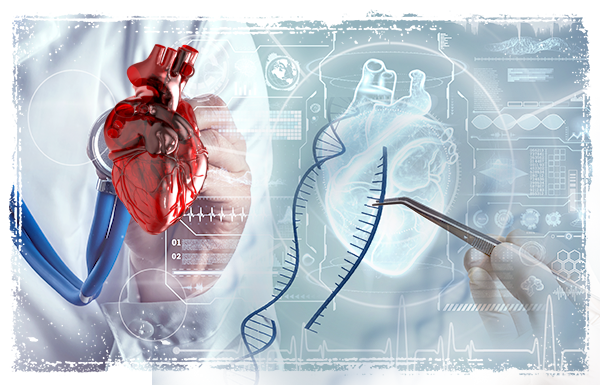
Unfortunately, heart disease is one of those diseases that weighs both what you do/put in to your body and what genes you are born with pretty equally. And sometimes, in the case of heart disease, your genes can determine your chance of having heart disease. Thankfully, your chance is still not 100%. It is just higher than if you didn’t have the gene mutation.
3. Alzheimer’s Disease
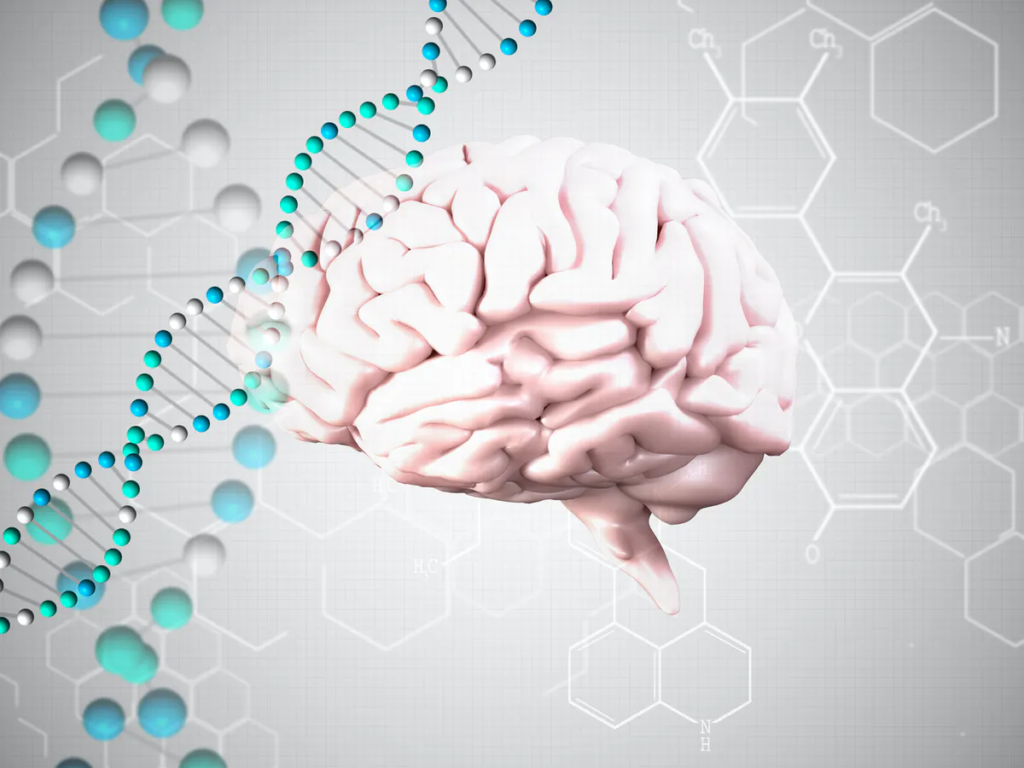
If you have one particular variant of the APOE gene, APOE e4, your risk of developing Alzheimer’s disease is quite a bit higher. Again, it does not mean your risk is 100% – just that your risk is increased compared to not having this gene variant. But lifestyle changes, such as mental stimulation and habitual physical exercise, can help maintain brain health. This may reduce your Alzheimer’s risk.
The Bottom Line
The story of your health is much more complex than just the genes your parents gave you. Yes, you can be unlucky and be dealt unwanted genes that predisposes you to a higher risk of certain diseases. But that doesn’t mean you are 100% doomed to have that disease. It simply ups your odds.
The good news is that your health is also determined by the lifestyle choices you make on a daily basis. And so, there is still plenty you can do to alter, minimize, and even entirely avoid your genetic susceptibility to certain diseases.
My take home message is: do the things that will favour the genes that will help you live a long, healthy life. Which, in turn, may work simultaneously to suppress those genes that put you at increased risk for those “genetic” diseases.
Whatever you do, don’t just submit to the genes you are dealt. Get it out of your head that you are destined to have a disease because “it runs in the family”.
Empower yourself to take control of your own health. Because you can change your genetic destiny.

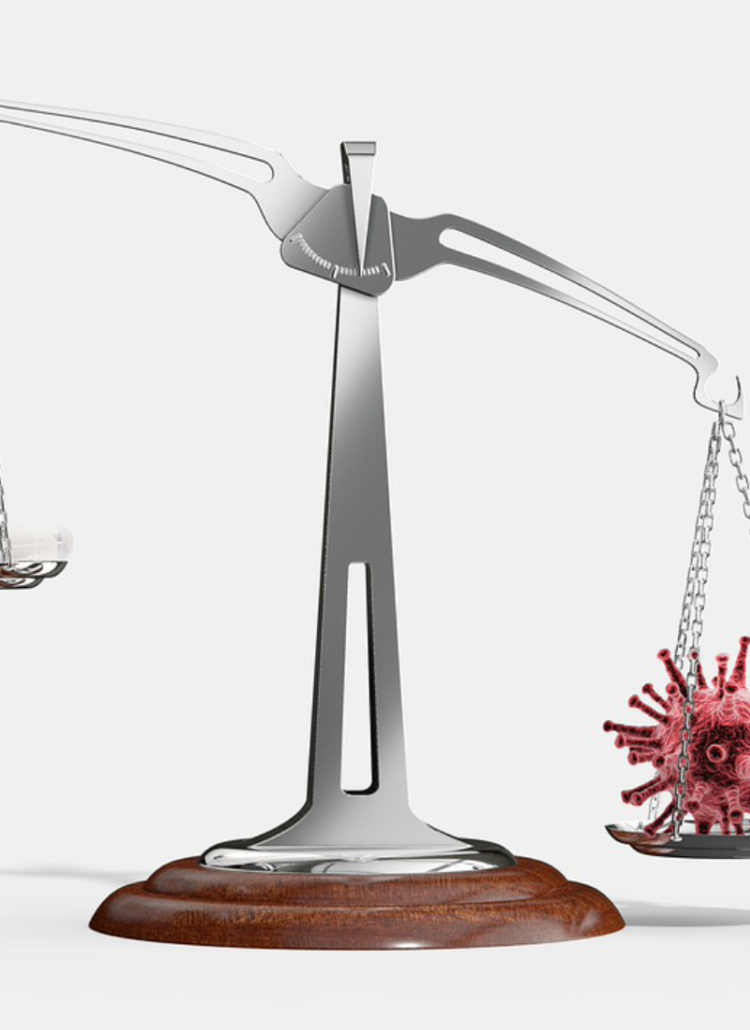




[…] chromosomes. Essentially, chromosomes contain the genes that determine your baby’s traits (which I discuss in detail here). Traits such as hair and eye colour. When there is an abnormality with the number of chromosomes, […]